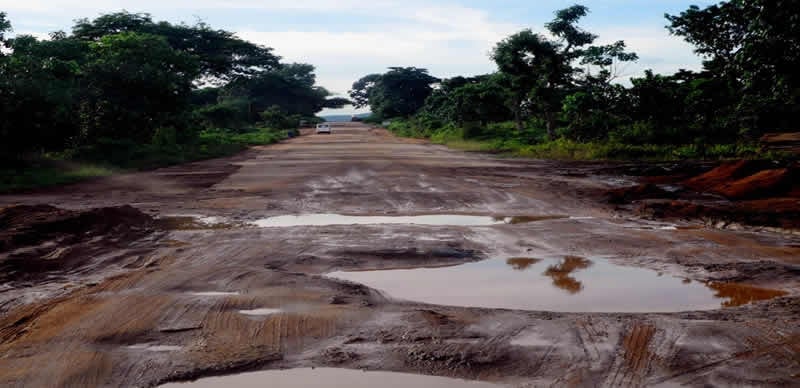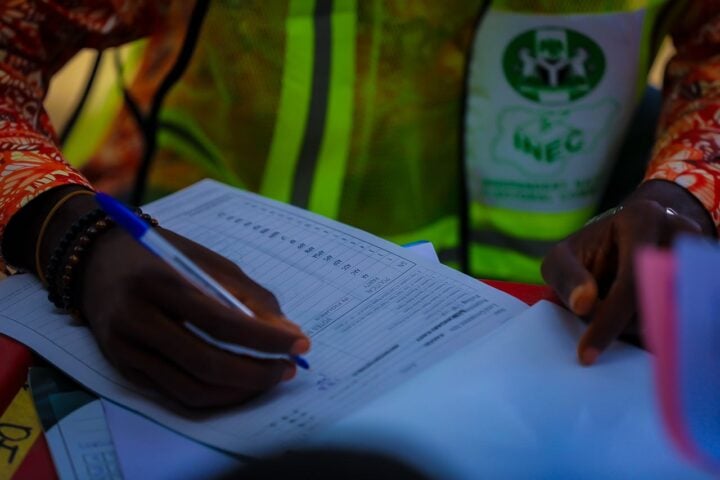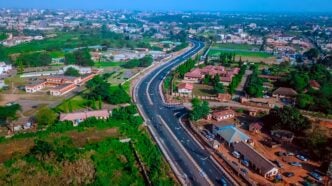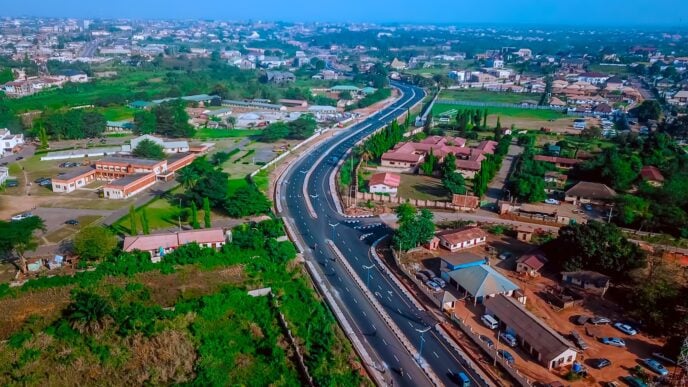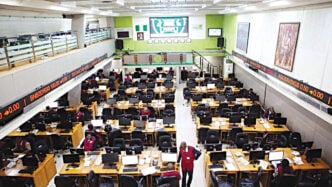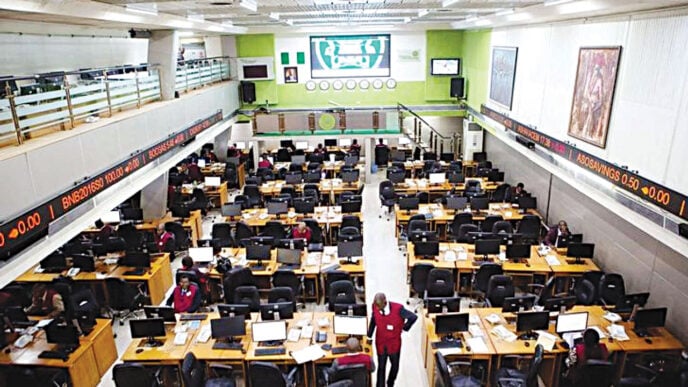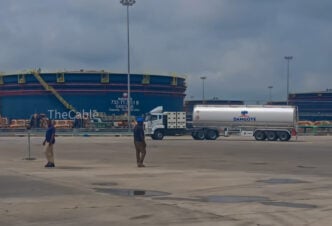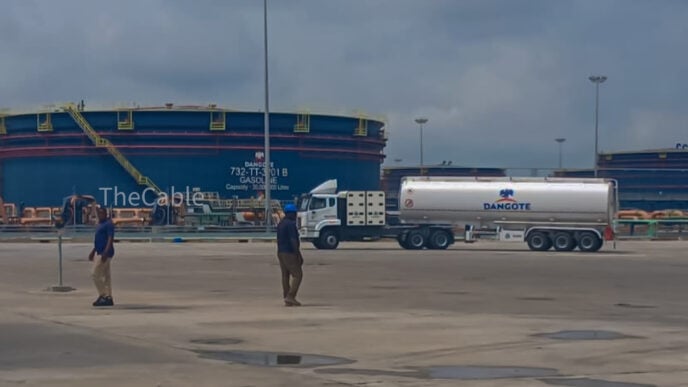The Kabba-Egbe-Ilorin road was once a lifeline, a bustling artery linking Kogi to Kwara, and by extension the South-East and South-South. Traders, farmers, civil servants, and travelers relied on it as a corridor of opportunity. Today, it stands as a scar on Nigeria’s conscience—abandoned, ravaged, and surrendered to the twin evils of banditry and neglect.
To describe it as “bad” is to be charitable. What exists now is a ruin: craters where tar should be, gullies that swallow vehicles, and stretches so desolate they provide perfect cover for marauders. Commuters, when they dare, journey with their hearts lodged in their throats.
Year after year, the federal government has padded budgets with phantom allocations for “rehabilitation.” Contractors resurface briefly for ribbon-cutting photo ops, then disappear, leaving the road to return to its deathly decay. The result: not just an impassable road, but communities along the corridor becoming uninhabitable, their economic lifeblood cut off. Farmers cannot move produce, traders cannot reach markets, and families are severed. The Kabba–Egbe–Ilorin road has become both metaphor and reality of Nigeria’s broken governance.
A Symbol of Strategic Miscalculation
Advertisement
This is not a forgotten village track. It is a federal artery of immense strategic importance, capable of easing food distribution and serving as a tributary to the strategic Lokoja–Okene–Abuja highway. It is, from any part of Kwara, the shortest route to the Southeast and the South-South. Furthermore, it is the second shortest to Abuja from that axis. Yet it has been abandoned, despite over ₦9 billion being purportedly allocated for its rehabilitation more than a decade ago in the appropriation act. In May 2025, after 11 years of absence, contractors briefly returned, only to demobilize again, raising—and dashing—residents’ hopes.
The Okun Liberty Association (OLA) rightly calls the 230-kilometer stretch “a national socio-economic artery in ruins.” What was once a bubbling and thriving trade route has become, in their words, “a graveyard of commuters, a haven for criminals, and a symbol of national neglect.”
Banditry’s New Playground
Advertisement
The collapse of infrastructure has birthed a lawless corridor. The failed sections, from Ayetoro-Gbede (in Kogi State) to Omu-Aran (in Kwara State), have become bandit checkpoints. The bandits do not need a gun to operate. With horsewhips and canes, they rob, terrorise, maim, and kidnap people for pleasure. Communities like Ejiba, Ẹgbẹ́ Eruku, Eleyin-Ìsìn, and Edidi have suffered kidnappings in broad daylight. Those in the hinterland, like Ogbom, Okuran, Ogah (in Kogi State), Bàbà Sango, and Babanla Sagbe (in Kwara), live in perpetual fear and lack a sense of safety. On 10 September 2025, for instance, bandits murdered three policemen and two vigilantes in Ẹgbẹ́ in the Yagba West Local Government Area of Kogi State. In another incident about three days ago, three mobile policemen were murdered by bandits in the Ilafin area of Isanlu in Yagba East LGA of Kogi State. These underscore how deeply entrenched they have become in Kwara South and Kogi West forests.
Residents describe harrowing cases: buses breaking down in failed portions of the road, only for passengers to be abducted or killed. Security agencies respond too late, when and where they respond at all, because the road itself impedes their movement. In this vicious cycle, insecurity prevents road repair, and the unrepaired road fuels more insecurity. Mutual reinforcement.
Human and Economic Devastation
The toll on human lives is staggering. Accidents occur almost weekly as vehicles overturn or brakes fail on rugged terrain. Survivors live under constant psychological trauma, calculating not just travel time but their chances of survival before setting out. Ditto for residents along the corridor.
Advertisement
Economically, the neglect has strangled regional commerce. Farmers in Yagba, Gbede, Bunu, and Kabba districts reportedly lose over ₦20 billion worth of produce annually. Post-harvest losses mount as yams, cassava, plantain, and maize rot in barns because markets in Ilorin, Lagos, and Abuja are unreachable. Transport expenses have doubled, vehicles are destroyed, and small businesses are collapsing. Poverty deepens daily in a region that ought to be a food basket.
The political indifference of the immediate past administration in Kogi State worsened matters. Under Yahaya Bello, workers endured unpaid or “amputated” salaries. The same goes for pensions and pensioners, while infrastructural development in Kogi West was treated with disdain, deepening the socio-economic misery.
He treated the district like a conquered territory.
Appropriation Charades and Empty Promises
Advertisement
Despite multiple allocations in the 2025 Appropriation Act—₦2 billion under Ergp20260714 and another ₦6 billion under Ergp12231239—nothing tangible has materialized. Instead, the road remains a graveyard of broken promises. This is symptomatic of Nigeria’s broader governance malaise: budgetary announcements unmoored from actual execution.
A Test of Leadership
Advertisement
The Kabba–Egbe–Ilorin road is more than a failed infrastructure project; it is a test of governance and a measure of leadership. It embodies whether government can guarantee not just mobility but safety, livelihood, and national cohesion.
President Tinubu’s “Renewed Hope Agenda” promises infrastructure renewal and prosperity. Here lies the chance to prove that those words are not mere rhetoric. Restoring this corridor would save lives, revive commerce, enhance national security, and restore faith in Nigeria’s capacity to govern itself.
Advertisement
History will judge this administration not by how many roads it appropriates funds for in the budget, but by whether it restores life to corridors like Kabba–Egbe–Ilorin. Anything less is an unacceptable surrender to criminality and a catastrophic failure of responsibility at the highest levels.
The Kabba–Egbe–Ilorin road must be resurrected—rescued from its current status as a no-go zone and restored to its rightful place as a vital artery of commerce and connection. The alternative is to allow blood, instead of rainwater, to flow endlessly in its bushy drainages—a permanent emblem of failure.
Advertisement
Abubakar writes from Ilorin, Kwara State. He can be reached via 08051388285 or [email protected].
Views expressed by contributors are strictly personal and not of TheCable.

